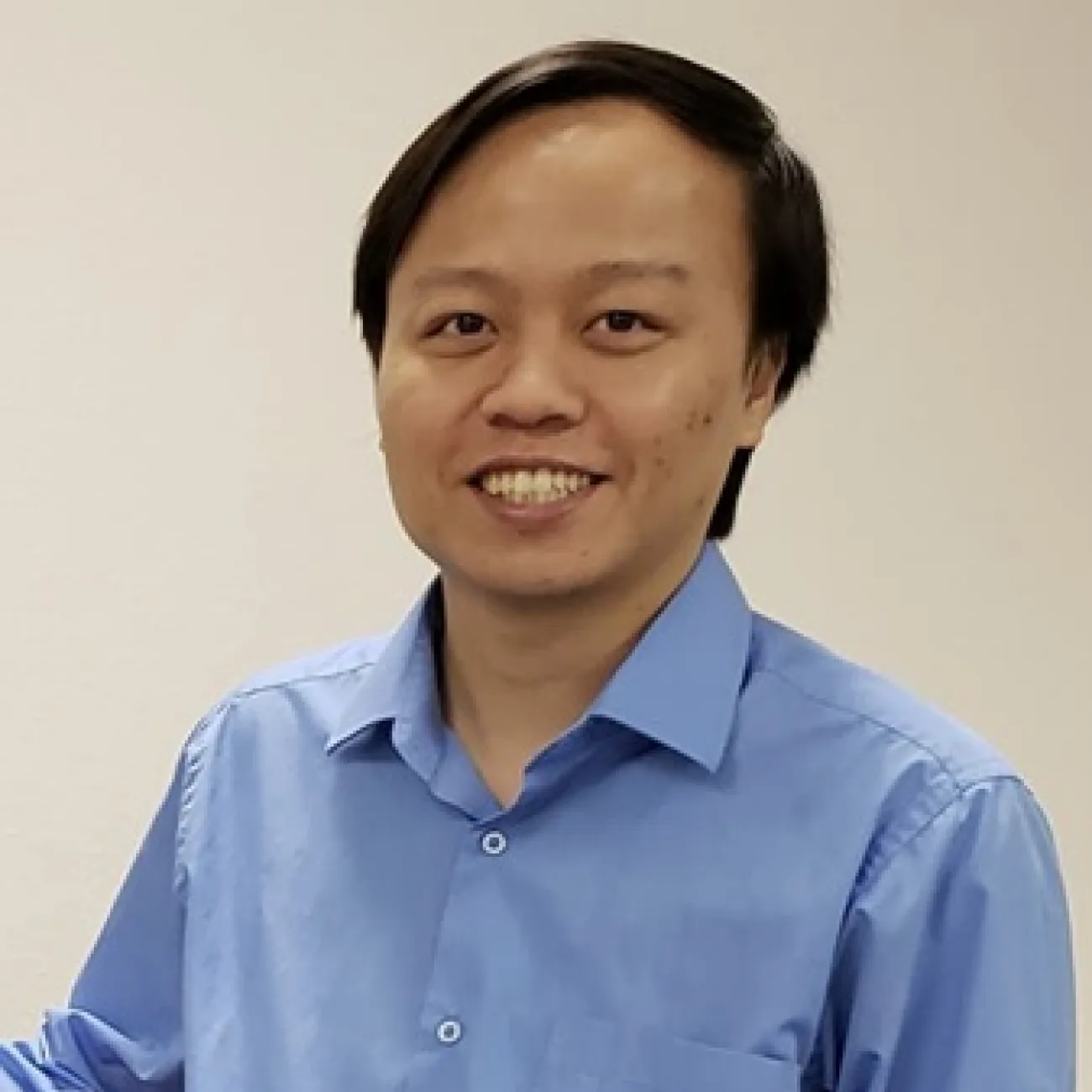Research
Research groups
Research interests
- Graft-versus-host disease and graft-versus-tumour effect
- Haematopoietic stem cell transplantation
- The interplay between the gut microbiome, metabolism, and the immune system
Current research
Allogeneic haematopoietic stem cell transplantation (HSCT) is a cancer immunotherapy because it induces the graft-versus-tumour (GVT) effect, whereby donor-derived cells attack the host’s haematologic malignant cells. However, disadvantages of allogeneic HSCT include the difficulty in finding a suitable donor and the potential for damage to the recipient’s normal tissues due to immunological attacks by alloreactive donor-derived T cells, a process known as graft-versus-host disease (GVHD).
In collaboration with Professor Simón Méndez-Ferrer (University of Cambridge), my current study investigates the regulatory mechanisms of cholinergic signalling in generating GVH responses from donor lymphocytes in both mice and humans. Building on our preclinical models and clinical observations, this research has the potential to propose a promising target for reducing the risk of GVHD pathogenesis following allogeneic HSCT.
During my PhD and postdoctoral training in the United States with Distinguished Professor William J. Murphy at the University of California, Davis, I observed that obesity, a common pre-existing condition in transplant recipients, could skew the microbiome towards pathogenic bacteria which in turn predisposed these recipients to more severe GVHD responses post-transplantation. Although the study elucidated only a partial mechanism by which obesity facilitates GVHD pathogenesis, it provided valuable insights into potential therapeutic targets and an innovative strategy: reducing pathogenic bacteria pre-transplant to improve HSCT outcomes. I aim to expand this research direction to establish strategies of immunomodulation by the host microbiome and to examine radiation sensitivity following long-term high-fat diet exposure for HSCT recipients.
